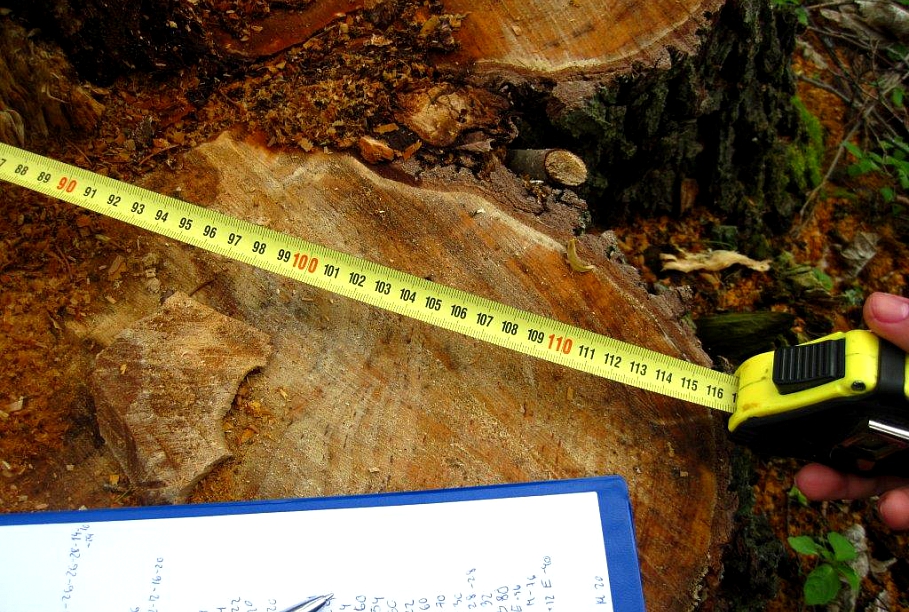Previous attempts to make regulations more friendly for tree fellers began around three years ago, and the greatest opposition was to plans allowing felling in seaside forests. However the amendments were shelved in December 2017, as politicians weren't ready to adopt controversial amendments before elections. After the new government was formed forest owners invited the Ministry of Agriculture to continue their work in February 2019.
“In any case, regardless of what decision is taken - a decision must be made, where government ministers must also justify why they voted as they did. But these issues can't sit in a drawer forever,” said Minister of Agriculture Head of Office Jānis Eglītis (National Alliance).
The controversial regulations concerning seaside forests have disappeared and compromise has been reached concerning how many trees to leave in felling areas, but the current issue is with the minimum width of trees that are allowed to be cut. The Agricultural Ministry annotation show this could expand felling area by 1670 hectares, but the Silava State Forest Research Institute said it could actually be by up to 6000 hectares per year.
“We can't understand why these amendments are once again being directed despite the need to finish an inventory of impacts on nature. The European Commission has already pointed out that Latvia isn't fulfilling responsibilities to protect species biodiversity, so we see significant natural risks,” said VARAM Deputy State Secretary Alda Ozola.
The full census of the environmental situation will only be available in the spring of next year, and VARAM also hasn't received calculations on how the additional tree felling would impact pollution levels and affect CO2 neutralization. The Silava Institute says there are currently too many unknowns to make proper calculations.
“Our output information needs to be an adequate environmental protections system, and possibly the current one doesn't meet the needs identified by forest managers, only discussing and asking questions, which they answer themselves, about economic factors,” said World Wildlife Fund Director Jānis Rozītis.
During the previous discussions around the tree felling amendments Gerhards was head of VARAM, and under his leadership the ministry suggested banning tree felling from April 1 - June 30 during mating season. Now when another minister suggested the same regulation, his Ministry of Agriculture no longer supports this regulation.
Forestry sector representatives are the main supporters of pushing the amendments forward, saying that forest quality can only be improved by planting new trees, instead of waiting for them to regenerate on their own. This forest planting would be mandatory for those choosing to cut the skinnier trees, and could cost up to one thousand euros per hectare. The State Forest Service is also in support of these amendments, hoping it will increase forest planting.
Currently the only changes to the amendments are moving the implementation date from January to July 1 of next year. The State Chancellery has yet to receive the final project from the Ministry of Agriculture, so it's yet unknown when the ministers would make a decision. The Prime Minister said that the amendments must still be broadly discussed.
As previously reported, before the January 9 meeting of state secretaries discussing amendments to the Regulations on Tree Felling in the Forest, an open letter from foresters asked for sustainability and smart forest management to be considered, while environmental organizations announced opposition, according to Latvian Radios's afternoon “Pēcpusdiena” broadcast on January 9.
After a two-year hiatus the Ministry of Agriculture once again returned to the broadly criticized amendments in 2019. Although previous attempts to reach a compromise failed, the amendments were put up for consideration once again this year. The main point of contention is the minimum diameter of trees that are allowed to be cut down.




























